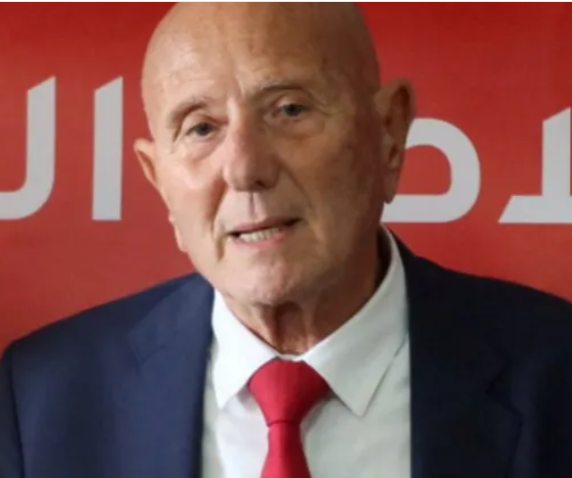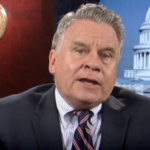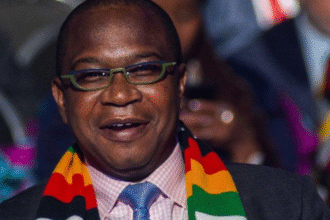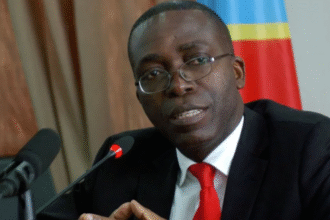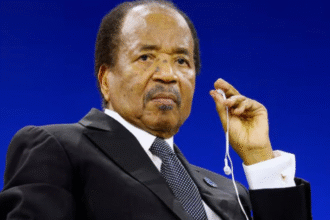By Mohamed Ghani
Tunis, Tunisia – A Tunisian court has handed down lengthy prison sentences, some reaching up to 66 years, to a group of prominent politicians, businessmen, and lawyers on charges of conspiracy against state security and belonging to a terrorist group. The convictions have been met with condemnation from human rights groups and opposition figures who are decrying the trial as a politically motivated attempt to stifle dissent and consolidate President Kais Saied’s increasingly authoritarian grip on power.
The defendants, a total of 40 individuals, were accused of “conspiracy against state security” and “belonging to a terrorist group.” Many of those convicted were tried in absentia, having already fled the country. Among those imprisoned are leading figures of the National Salvation Front, the main opposition coalition, including Issam Chebbi and Jawhar Ben Mbarek, who each received 18-year sentences. Activist and businessman Kamel Eltaief received the harshest sentence of 66 years.
“This is not a judiciary ruling, but a political decree executed by judges under orders,” Kamel Jendoubi, a former minister tried in absentia, told AFP news agency, echoing the sentiments of many who believe the trials were a deliberate attempt to silence opposition to President Saied’s rule.
Defense lawyer Ahmed Souab was quoted by Reuters news agency as saying, “I have never witnessed a trial like this. It’s a farce.”
The convictions come at a time of growing concern over the state of democracy in Tunisia, the birthplace of the Arab Spring. President Saied, elected in 2019, suspended parliament and seized broad executive powers, a move critics have labelled a coup. He won a second term in a landslide victory last year, following a period of jailing dissidents and potential rivals.
The harsh sentences and the perceived unfairness of the trials have raised alarms both domestically and internationally. Amnesty International has denounced “a worrying decline in fundamental rights” under Saied’s government, as discontent rises over his increasingly authoritarian style of governance.
While Saied has rejected the criticism, claiming he is fighting a “corrupt elite” and “traitors,” his actions have been widely seen as a rollback of the democratic gains made since the ousting of long-time strongman Zine El Abidine Ben Ali in 2011.
The case has further fueled concerns about the erosion of democracy and the shrinking space for political participation in Tunisia, as the country grapples with economic challenges and mounting social unrest. The future of Tunisia’s democratic experiment remains uncertain as these latest convictions highlight the deepening divide between the government and its critics.


